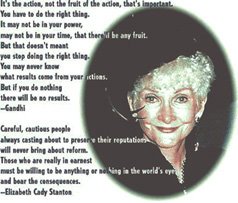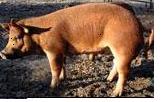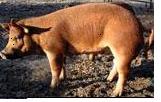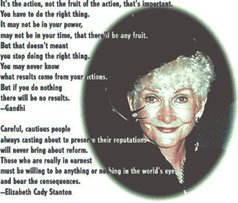The Dreaded Dangling Participial Phrase

By VIV BERNSTEIN and JOE DRAPE
She said that almost immediately upon performing, the men started taunting them with racial epithets.
Viv and Joe have stumbled into the dreaded dangling participle. An introductory participial phrase modifies the first noun or pronoun that follows it. So this sentence sounds as if the men were performing, not the dancers. Correction: “Almost immediately after the wonen began performing, the men started taunting them with racial epithets.”
William Blake and 'The Grave'
Published: February 20, 2006
The loss, in the case of these watercolors, is exacerbated by the very nature of Blake's art.
No commas around “in the case of these watercolors”: it is a restrictive adjectival prepositional phrase modifying “loss.” The loss is in the case of these watercolors, not in the case of these oils.
The Fix Chris Cillizza
2008: The Case Against Al Gore
Gore's ratings were only better than entertainer Oprah Winfrey.
“Only” is a misplaced modifier: it goes before “than.” “Winfrey” should be “Winfrey’s” for the elliptical possessive “Winfrey’s [losses].”
Nytimes By SARAH VOWELL
All those years of Sunday school, and still the apocalypse catches me off guard.
Ms. Vowell splits a compound verb with a comma. Don’t split compound anything except a compound sentence: independent clause, comma, coordinating conjunction, independent clause. 4/9 I am dead wrong on this one. I misread the sentence. My apologies to Ms. Vowell.
By DAVID BROOKS
Published: February 19, 2006
Moreover, as people are empowered by greater wealth and education, cultural differences become more pronounced, not less, as different groups chase different visions of the good life, and react in aggressive ways to perceived slights to their cultural dignity.
David Brooks is an addict of long sentences that he lacks punctuation skill to handle. This 39-word-ramble should use no comma after “life”: it splits the compound verb “chase” and “react.”
Brit Hume, Cheney's Choice For a Straight Shooter
By Howard Kurtz
Hume, who has known Cheney since he was a House member from Wyoming, said he believes the vice president chose Fox because it is the top-rated cable network, and picked him because he hosts the only Washington-oriented hour on Fox's schedule.
This 41-word sentence splits a compound verb with a comma. The best cure for these long sentences to avoid this split-verb problem is to divide the sentence into two. “Cheney picked Hume because…”
Hume also asked Cheney whether he had authorized his indicted former aide Lewis "Scooter" Libby to leak information in the Valerie Plame leak case, but was rebuffed.
No comma after “case”: this comma splits a compound verb. That the coordinating conjunction is “but” doesn’t change the rule. “But” does not signal a contrasting element that requires a comma: “not” does.
Mike McCurry said Hume was "impartial and balanced and fair" as an ABC correspondent covering Clinton, but that "he's in advocacy journalism now."
The comma after “Clinton” wrongly splits compound dependent clauses. “[that”] Hume…but that…”
More Questions Raised About Delay in Reporting Cheney Misfire by Greg Mitchell
E&P has learned that the official confirmation of the shooting came about only after a local reporter in Corpus Christi, Texas, received a tip from the owner of the property where the shooting occured and called Vice President Cheney's office for confirmation.
Mr. Mitchell didn’t bother to spellcheck: “occured” should be “occurred.”
The confirmation was made but it is not known for certain that Cheney's office, the White House, or anyone else intended to announce the shooting if the reporter, Jaime Powell of the Corpus Christi Caller-Times, had not received word from the ranch owner.
A comma follows “made’: compound sentence. “Jamie Powell” is a restrictive appositive and gets no commas. But commas surround "of the Corpus Christi Caller Times" to set off the non-restrictive adjectival prepositional phrase modifying "Jaime Powell."
Hopsital officials on Monday continued to offer few details on the victim's condition, but said he was "very stable" and that pellets were possibly still being removed.
More spell-check sloppiness: “Hopsital” should be “Hospital.” No comma after “condition”: it splits a compound verb.




